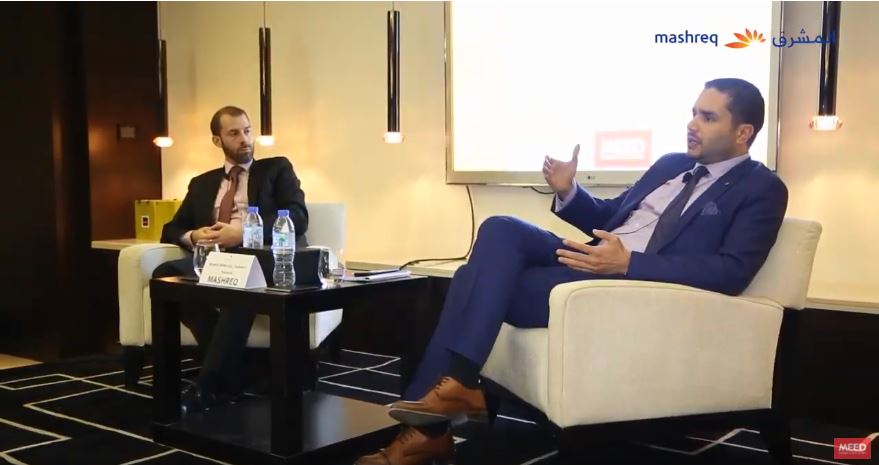CONSTRUCTION CLUB 5: Trends shaping the future of transport

Highlights from the fifth Mashreq Construction Club
At the fifth meeting of the Mashreq Construction Club on 12 December 2018 at the JW Marriott Marquis Hotel Dubai, international engineering firm Arup and Dubai’s Roads and Transport Authority (RTA) shared their opinions on key trends shaping the future of the global and local transport industry.
The primary discussion centred around technology, highlighting how advances such as hyperloop, drones, unmanned aerial vehicles (UAVs) and autonomous vehicles were under rapid development. However, the consensus was that while these technologies are blooming in theory, practical applications are restrained due to the lack of defined legislative changes by governments. Many agreed that the speed of technological development outpaces regulatory change.
The discussion touched upon trends such as environmental factors and social aspects, said to be often neglected in the bigger picture in the region. Social trends in particular can play a significant role. Transport providers need to factor in human behaviour, travel patterns and urbanisation in order to create optimal transport networks. More so, further research and development in the field plus collaboration with universities can help broaden what is already known and what can be further achieved in the industry.
Increasingly, organisations are now mandating technology such as Building Information Modelling (BIM) in the supply chain cycle of their transport operations. These companies recognise the benefits of BIM not just in expediting planning, design, construction or implementation, but even at the operational and maintenance stage, by using the data collected over the life of the project.
Key highlights:
- Transport is the second largest planned projects sector in the Middle East and North Africa (Mena) region
- The UAE is second biggest transport projects market in the region, with about $106bn-worth of projects planned or underway, trailing behind Saudi Arabia, which has more than $311bn-worth of transport projects planned or underway
- Market uncertainties and reduced spending on transport has impacted the regional industry. There is a greater need for public-private collaboration on projects as well as new funding models
- Technology such as hyperloop, drones, UAVs and autonomous vehicles are slated to be the biggest disruptors in the future of the transport industry
- Environmental issues have taken a back burner in the regional transport industry and more needs to be done with regards to issues such air quality emissions
- Social factors such as rising population, urbanisation and cost of living are not fully appreciated in the grand scheme of things
- Technology such as BIM can help simplify the overall management of the project, from start to end. But not every construction company is willing to move on from traditional practices, affecting everyone in the supply chain
- Organisations like Dubai’s RTA are increasingly making it mandatory to implement BIM across their transport projects, not just for internal teams, but for all stakeholders on the project
- Expo 2020 will be a showcase platform for technology like autonomous vehicles, which has actively been under testing by RTA, but there is no announcement to roll out the tech for public use
If you are interested in learning more about the Mashreq Construction Clubs, or any aspect of the Partnership, use the email link at the bottom of the page.


